Environmental Remediation Thru Hydrilla Harvesting
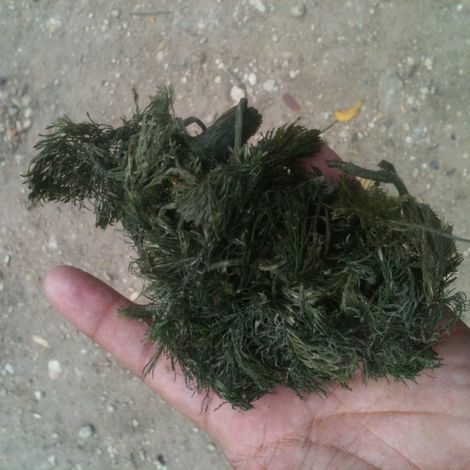
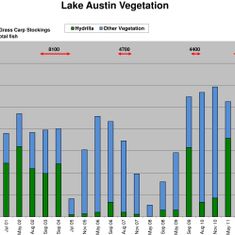
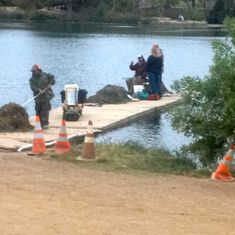
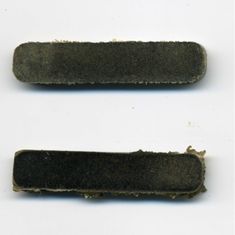
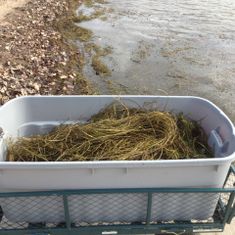
Mike Jochum attended an Austin Awesome Foundation Office Hours event because he knew one of our past winners and he had an idea he thinks may have a big impact. As a scientist, kayaker and self-described “eco-centric Austinite," Michael is worried about the growth of hydrilla in our waterways. He also has an idea that might sustainably address this problem.
Lake Austin has been inundated with a non-native invasive plant called Hydrilla verticillata since 1999. According to the Texas Parks and Wildlife September 2012 report, this invasive has infected to over 550 acres in Lake Austin. These aquatic plants are choking out the native life, entangling boat propellers, and creating a drowning hazard to swimmers. To combat this problem, The City of Austin, LCRA, and Friends of Lake Austin have inoculated Lake Austin with over 47,700 sterile Asian grass carp as a means of biological control of the infestation since 2003. They have also incorporated winter drawdowns, or lowering the water level of the lake in an attempt to prevent the plant from being able to grow.
Unfortunately, these agencies have not been able to conduct drawdowns in recent times due to the drought. Hydrilla has continued to plague the waterways of Austin, and has become a point of political tension between the boaters, anglers, and swimmers in Austin and the regulatory agencies.
Through his research, he discovered that these plants could be composted and turned into a good quality biofertilizer. He has also researched a method to manually harvest the plants. Now he is ready to pilot his idea and he came to the Awesome Foundation for support.
ERTH (Environmental Remediation Through Hydrilla Harvesting) Austin is an Austin-based startup designed to mechanically harvest and remove non-native aquatic invasives from the waterways and turn them into sustainable sources of biofertilizer and bioplastic. Preliminary samples conducted by ERTH through the Texas A&M Soil and Crop laboratory shows that Hydrilla in Lake Austin is an excellent potential source of nutrients that can be composted and used as a source of biofertilizer.
We love the idea and decided in February to give him a $1000 to put his idea into action.